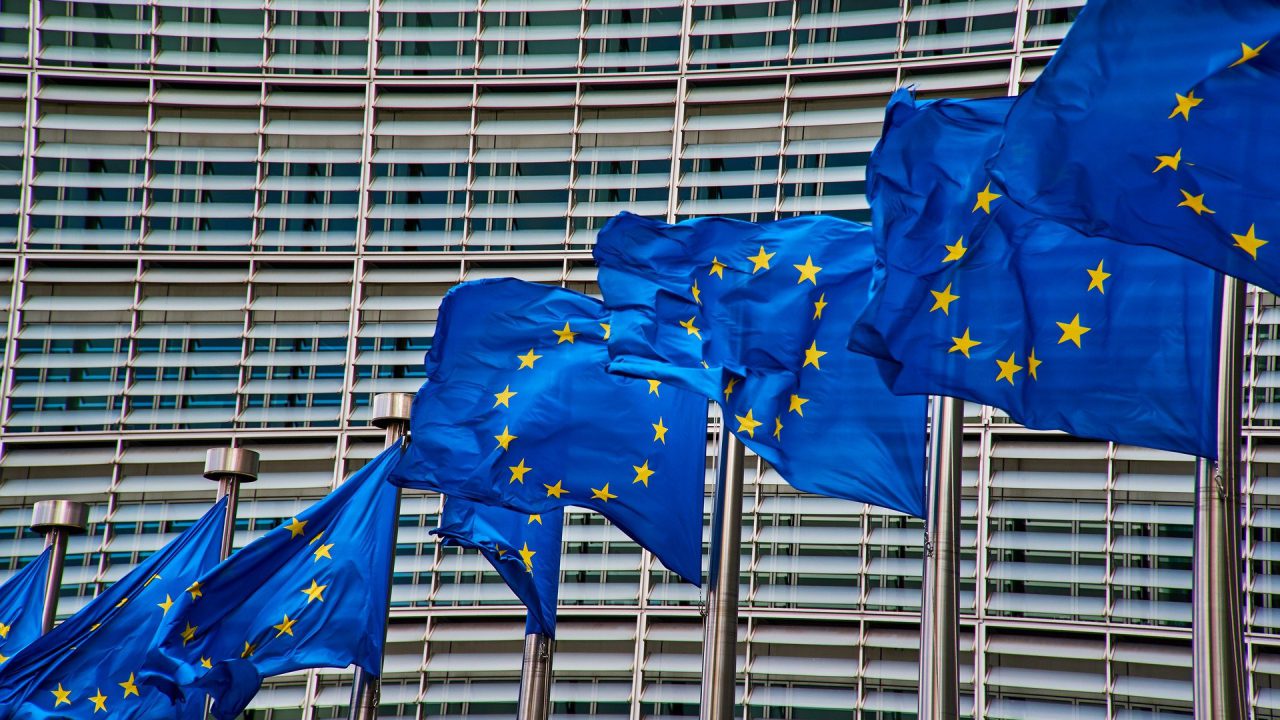The Irish Natura and Hill Farmers’ Association (INHFA) has said that the European Commission is “unable to provide viable options” to replace farming practices on rewetted peatlands.
According to the farm organisation, the commission is also seeking the rewetting of 300,000ha of drained peatlands in Ireland.
A delegation from the INHFA met with representatives of the European Commission in Brussels this week to raise its concerns over the proposed Nature Restoration Law.
The law will mandate legally binding targets for restoring specific ecosystems that, according to the INHFA, will see “drastic changes” to farming practices on farmed peat soils in Ireland.
Speaking after the meeting this week, INHFA president Vincent Roddy said that the new policy direction “places an unfair burden on the thousands of farmers operating on peat soils”.
“There is no doubt that the commission wants to rewet the 300,000ha of drained peatlands which they maintain will help in the capture of carbon. This was a key point [the commission representatives] made on a number of occasions during the meeting,” Roddy commented.
He added that the commission officials “were unable to provide options to replace current farming practices, most notably livestock rearing”.
“This will leave farmers totally dependent on EU or state support and, without farming activity, it will undermine the rural economy and many communities currently dependent on the economic activity created through farming practices.”
The INHFA said it challenged the commission officials on the rewetting proposals, as well as other restoration measures, that will impact farmers on drained peatlands and uplands. The impact on farmers and wider rural community was also discussed.
“There was an acceptance that proposed options, such as blueberry and cranberry cultivation or the farming of water buffalo, were not viable alternatives for Irish farmers,” Roddy said.
“This weeks meeting, while challenging, is only the beginning of a process. In the weeks and months ahead the INHFA will work both at home and in Brussels to protect the interests of the estimated 40,000 farmers currently threatened by this regulation,” he added.
